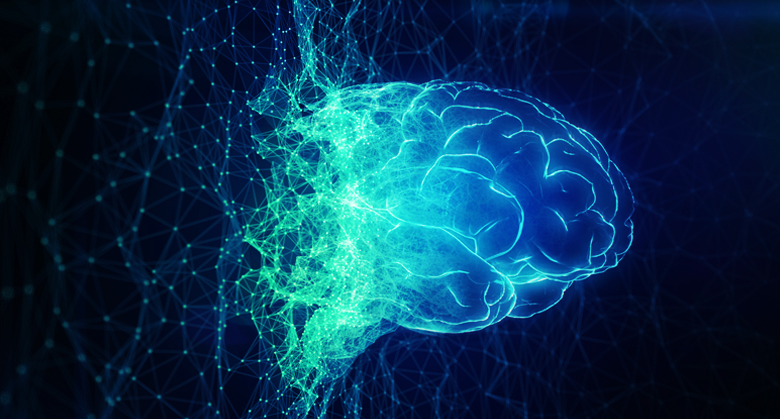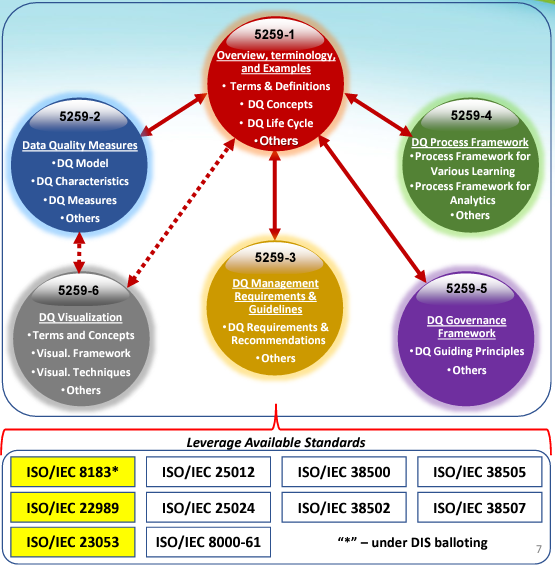
Parsons’ Leadership In International AI Standards Development
Our team is taking a lead role in developing international Artificial Intelligence (AI) standards that will drive how efficiently, ethically, and accurately we apply AI to solve our customers’ most complex challenges. Like there are standards that guide our work across global infrastructure and national security, there will be standards that apply to AI, and we’re keenly interested in ensuring the proper and safe use of this technology for the benefit of society.
We have seamlessly integrated AI across our operations, markets and solutions, and corporate functions to enhance efficiency, accuracy, decision-making, and accelerate customer solutions. This embedded AI approach empowers us to deliver innovative business solutions by automating complex processes, analyzing critical data, and enabling predictive modeling for project management, technology and product development, business capture enhancement, and resource allocation; ensuring that the company is delivering AI-empowered solutions from the lab to the mission at scale.
For us, AI is not just a technology; it’s ingrained into every facet of our DNA, culture, and business solutions. From our global workforce to our technologies across the Federal and Critical Infrastructure businesses, AI is the force-multiplier behind our innovation, efficiency, and ability to deliver transformative solutions to our customers.
Given our role with AI, we have become actively involved with the International Committee for Information Technology Standards (INCITS), which is chartered by the American National Standards Institute (ANSI) to support the development of international technical standards across a range of disciplines and to establish the U.S. position on these developing standards and their content.
As an INCITS member body, our team has a vote on these standards alongside tech leaders including Microsoft, AWS, IBM, Google, and Oracle. We currently have four experts registered with INCITS AI, which is designated as the U.S. national body to ISO/IEC Joint Technical Committee 1 (JTC 1) Sub Committee 42 (SC42) on AI. Parsons participates in SC42 working groups (WG), contributing to standards and reviewing and commenting on draft standards developed by the WGs when distributed for comments and votes by the national bodies.
International AI Experts
ISO is an independent, non-governmental international organization with a membership of 167 national standards bodies. ISO/IEC JTC1 SC42 is a subcommittee that serves as the focus and proponent for JTC 1’s standardization program on AI. It provides guidance to JTC 1, IEC, and ISO committees developing standards which pertain to AI applications. SC 42 currently has 35 national bodies as members and 33 active standards projects in progress. A number of these efforts will be published as standards in the next twelve months after review and voting by the national bodies.
I have been involved in the work of SC 42 since its inception in 2017, and before that, I was involved in JTC 1 WG 9 on Big Data, where I was editor of a published standard and two technical reports and provided major contributions to other deliverables. I was recently confirmed as convenor of SC 42 WG 2 – Data, whose scope is development of standardization in relation to data in the context of AI, big data, and data analytics. In the convenor role, I work with international experts to achieve consensus on the standards we are developing. At the SC42 plenary in April, we approved development of a new technical report on synthetic data, to include data produced by generative AI tools such as ChatGPT and Stable Diffusion, with Parsons’ Dr. Scott Orr as the editor. We also addressed potential standards being driven by the European Union’s AI act and how to ensure there is consistency across national and international standards that will affect our customer solutions.
Developing AI Standards
In developing AI-related international standards from their inception, Parsons is able understand the benefits and impacts of these standards on our customers, and we can understand how to best conform to those standards to meet operational requirements. Standards development is a consensus-based process that at times can involve hours of discussion on the definition of a single term. The experts participating in these discussions represent top minds from academia, industry, and government. As participants in the process, we are fully engaged in helping to determine the U.S. position on elements of the standards.
Data Quality
WG 2 has an extensive program of work with an entire series of standards focused on data quality and governance for AI tools and applications as shown in the figure below. AI tools are only as accurate and unbiased as the data used to train them. Data is in fact the hardest and most critical component to get right for an AI system. These standards provide the frameworks to effectively define what data quality is for your application, manage and govern the data lifecycle to achieve that quality, and formally assess and measure that data quality.

I’m proud to have a role in the development of international AI standards and to work for a company that is a leader in shaping the future of AI. AI is already transforming the way our world works, and our customers can be confident that we will continue to deliver solutions to their most complex challenges by developing and embracing innovative technologies.